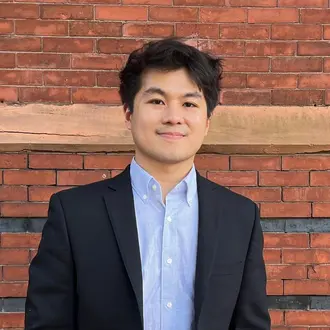Distinguished scholars from across the U.S., Canada, and Europe came together at the MIT Sloan School of Management in early June for a two-day conference in honor of MIT Professor Susan S. Silbey. Silbey, a sociologist whose research interests include the law in everyday life and the regulatory and governance processes in complex organizations, holds the Leon and Anne Goldberg Chair in Humanities, Anthropology and Sociology at MIT, and is also a professor of Behavioral and Policy Sciences at MIT Sloan School. She is a member of the faculty of the MIT Institute for Work and Employment Research (IWER) and is a past recipient of MIT’s highest faculty honor, the Killian Award.
The conference featured panels on topics that reflected the breadth of Silbey’s scholarly work: law and society; regulation; industry; science and scientists; economic sociology; and reflections on the early years of Silbey’s career.
“Countless people have told me that Susan is an MIT gem, and I couldn’t agree more,” said MIT President Sally Kornbluth in her remarks at the conference. Kornbluth praised Silbey’s wide-ranging scholarship, affection for MIT, candor, ability to translate theory into practice, and mentorship of graduate students. Students, Kornbluth noted, “flock to Susan,” for advice on research projects, and “the answers that Susan leads them to are invaluable in positioning them to launch their careers.”
As part of her speech at the conference, Silbey reflected on the importance of academic mentors in her education. She also described an aspect of teaching she particularly enjoys, when a student grasps a difficult concept as they work through it together. “There is sometimes a moment, a kind of clarity.…I see that the student gets it. I know that they know what I know. I am in their head and they are in mine, ” she said.
In such moments, “we are not completely alone, and we are learning to understand the world together,” Silbey said. “And this is why I love my work and my students.”



